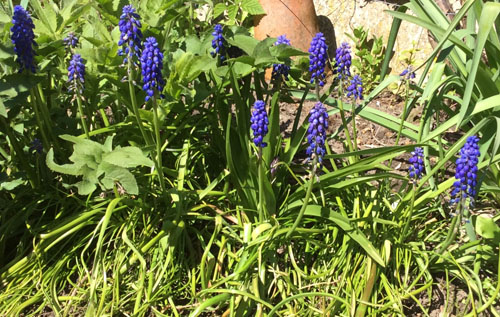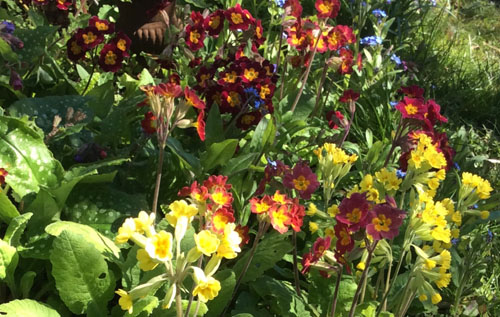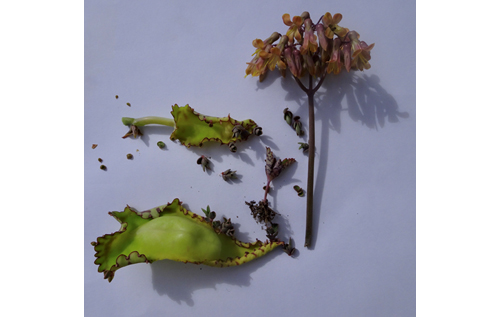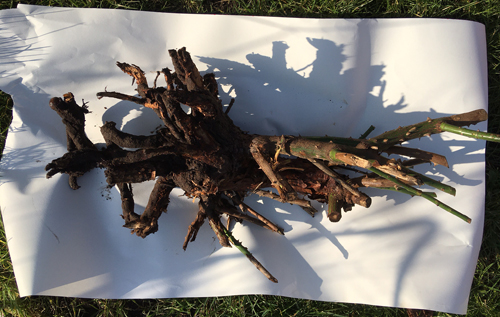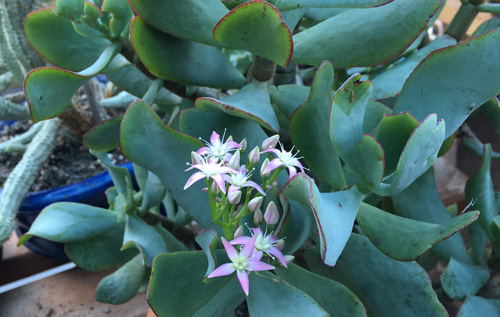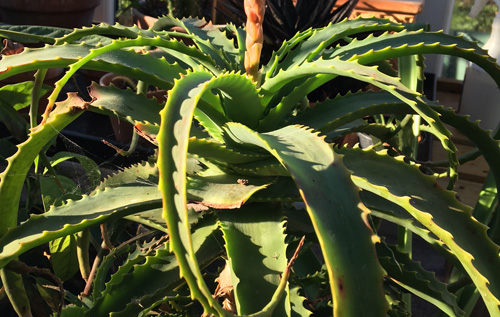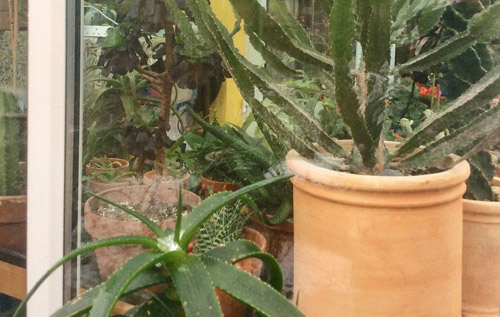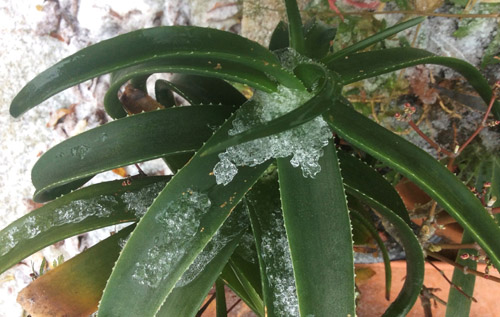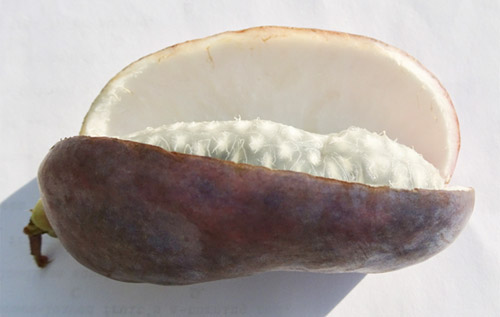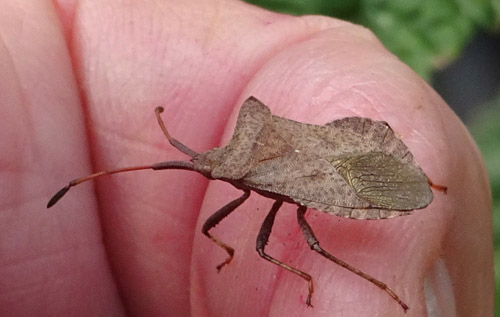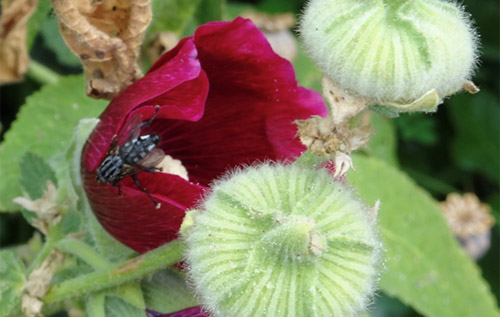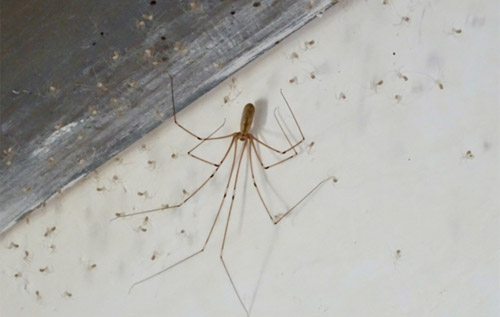By Victoria Plum
Well, the Reepham & District Gardening Club AGM was painless and took only five minutes for all business to be completed, leaving plenty of time to enjoy Fritha Waters’ interesting talk on her travails as a gardener.
Her consideration for owners and their gardens and her acknowledgement of the eccentric emotional attachment we all feel for those things we grow was touching.
We were all given our gardening club plug plant; this year it’s a petunia. The idea is that we tend these plants very, very carefully, then bring them to the summer show in August where the best – and possibly the worst – might win a prize.
While moving my indoor plants this May to the great outdoors for the summer, something tiny, moving in the garden in a strange way, caught my eye.
There was a tendril on a curled fern – it looked like the tendril on a white bryony or a sweet pea, but it clearly had a life of its own by the way it was moving. I had no idea what it could be.
Then I realised it must be a nematode. I have never seen one before and have no idea which one this might be. Have you ever seen anything like this?
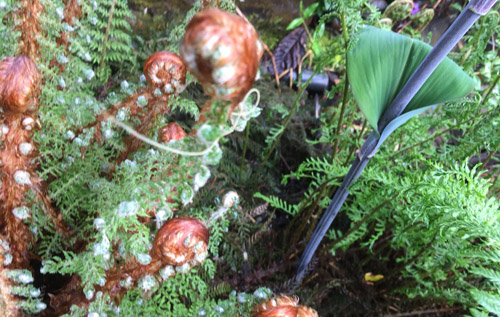
Nematode on a fern. Photo: Tina Sutton
The next day I found a leak under the kitchen sink, so I had to turn off the stopcock. So, until I could call a plumber, bearing in mind this was 3 a.m. on a Sunday morning, I had no water for the toilet, to clean my teeth, to make tea, to wash me or the dishes or vegetables for lunch.
And it made me think, yet again, how dependent we are on being able to just turn on the tap, and how terribly wasteful we are with this truly vital resource.
The most crucial equipment in my garden is my saucer collection to sit under my many pots and ensure that precious water is never wasted.
Surely we need more than an apology from the water companies; we need a drastic rethink to the entire system because clearly it is mad to use good, treated drinking water to flush the loo.
This week I enjoyed a walk at Blickling with Bob Leaney and the Norfolk & Norwich Naturalists’ Society and the Norfolk Flora Group. We saw the magnificent, small-leaved limes, historically an intrinsic part of our woodlands, and still an indicator of ancient woodland.
And we learnt the subtle differences between bluebell and Spanish bluebell and hybrids, common figwort and water figwort, hairy birch and silver birch, chickweed and sandwort, brome grass and barren brome grass, and many more. How fascinating it all was.
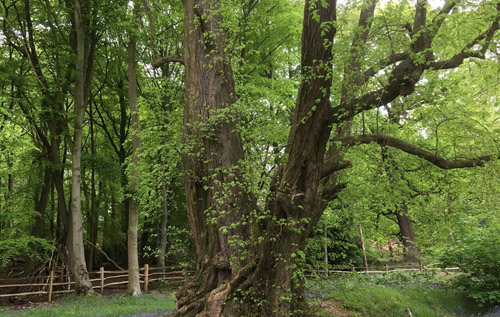
Small-leaved limes in Blickling Estate park. Photo: Tina Sutton
Next month’s gardening club meeting is about hedgehogs with Jan Smith in the Town Hall, Church Street, Reepham, on Tuesday 20 June. Please remember the start time is now 7.30 p.m.


